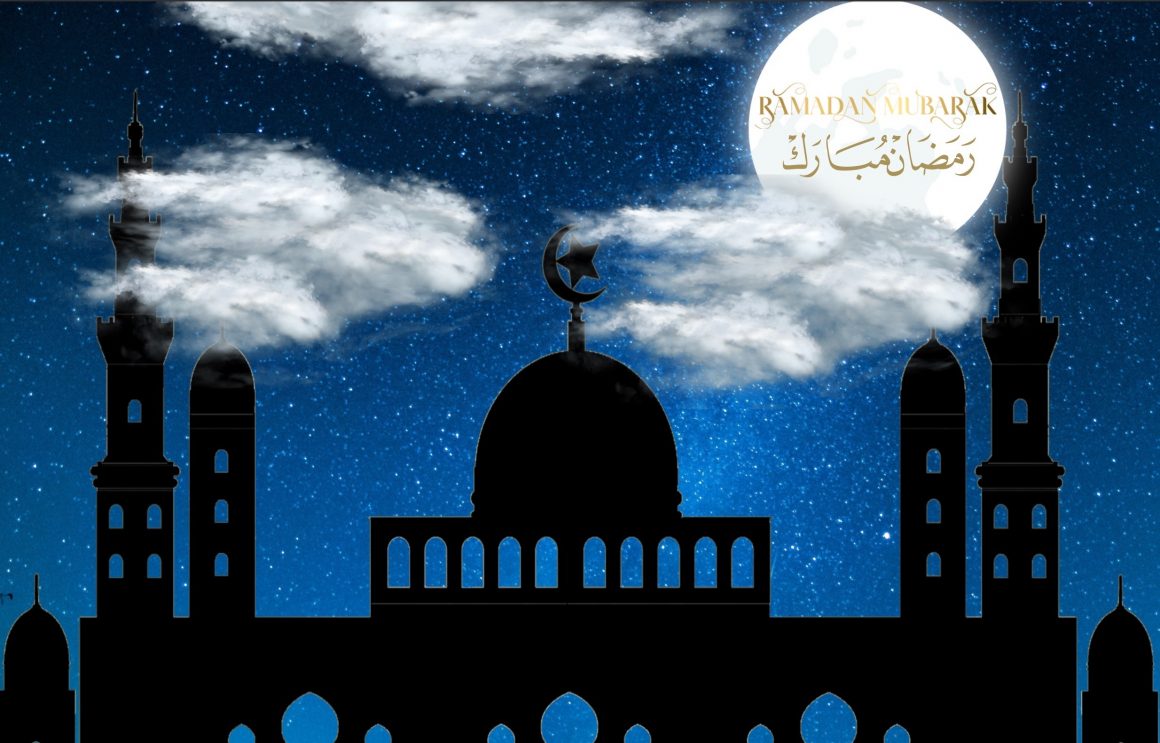
A guide to the month of Ramadan in Islam
By Kshef Kamran, March 27 2024—
Islam is one of the fastest-growing religions in the world increasing at a rate of 1.84 per cent with about 1.9 billion people practicing this religion around the world. Islam consists of five pillars which are as follows: profession of faith (shahada), prayer (salat), alms (zakat), fasting (sawm), and pilgrimage (hajj). The profession of faith also known as the shahada is the initial step of becoming a Muslim which reinstates the belief that “There is no god but Allah, and Prophet Muhammad (Peace Be Upon Him) is the Messenger of God” which is the core principle of Islam.
There are five prayers (salat) that Muslims are obligated to pray daily at dawn, post-noon, during the evening, at the evening, and at night. Another pillar of Islam is alms (zakat) where you donate a portion of your wealth (2.5 per cent) to charity. Pilgrimage (hajj) which is a spiritual and physical journey to the city of Mecca. These five pillars are the fundamental practices that a Muslim completes both on a day-to-day basis and throughout their life.
As of Mar. 10, Muslims have embarked on the journey through the month of Ramadan which is the ninth month in the Hijir or Islamic calendar but based on the lunar calendar (355 days/year) Ramadan shifts back ten days every year. The month of Ramadan historically is when the Qur’an was revealed to Prophet Muhammad (Peace Be Upon Him). In addition, Ramadan is the month when Muslims fast, which is a spiritually enhancing practice of abstaining from specific habits and behaviours from dawn to sunsets such as food, drink and relations. Through this temporary deprivation, the awareness and gratitude of goods and resources that Muslims have from God is heightened.
This month is meant for you to be grateful for the things that you have and remember those that may not such as the people, men, women, children and families subjected to pain and afflictions globally due to poverty, warfare or environmental stresses. The practices of this month allow you to become more spiritually attuned and develop a community with others.
However, it is important to note that Islam is a fair religion as such for women experiencing their menstrual period or postnatal bleeding, travellers and pregnant or breastfeeding women who if they fasted for long hours may cause harm to either themselves or their babies, the elderly who cannot tolerate fasting, those with mental disabilities and the sick whom fasting will aggravate their condition are exempted from fasting.
For those who are unable to fast during Ramadan and make up for those missed fasts then instead they can provide compensation (fidyah) by purchasing meals for individuals suffering from poverty. To commemorate the ending of Ramadan Muslims celebrate Eid al-Fitr which consists of a morning congregational prayer which is followed by social events such as visiting families and friends.
In general, the day-to-day activities of a Muslim who is fasting can include the following:
- Wake up prior to sunrise to have a meal which is a highly recommended practice known as suhoor which was a practice (sunnah) of the Prophet Muhammad (Peace Be Upon Him).
- Pray the morning prayer (fajr).
- Go to sleep then get ready to go to work or to school.
- Throughout the day complete the prayers of the day and read the Qur’an.
- Break your fast at sunset.
- Optionally there is a voluntary prayer following the mandatory night prayer called taraweeh which is a highly recommended practice (sunnah) of the Prophet Muhammad (Peace Be Upon Him).
- Repeat for 30 days.
The purpose of fasting in itself is very simple: it is to increase spirituality by being grateful for what you have and continuing to establish prayer and abstain from certain actions and behaviours to become more spiritually attuned. The objective is to ensure that you maintain that gratitude and continue to establish these practices post-Ramadan as well.
